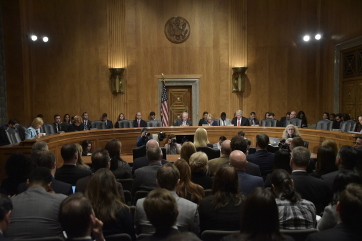New research suggests that delaying school entry for children could cause poorer academic performance.
Many parents are keen to hold their children back a year if they were born prematurely or in the summer months. They argue their child will not be mature enough to start school and previous research has suggested children who are born more than three weeks before their due date would benefit from starting school a year later than those who were born at full-term.
Researchers at the University of Warwick claim that starting school a year later does not lead to better academic performance for pre-term or full-term children and could in fact cause poorer academic performance as the children get older.
"Our study shows that delaying school entry has no effect on Year 1 teacher ratings of academic performance, but it is associated with poorer performance in age-standardized tests of reading, writing, mathematics and attention as the children get older," professor Dieter Wolke, corresponding author of the study, said in a statement.
For the study, researchers used a natural experimental design to test their hypotheses as they could not carry out a randomized trial. The team studied 999 children, of which 472 were born preterm. These new findings are particularly applicable to preterm children who are born up to four months before their due date and may enter school less mature compared with their peers. The researchers compared teacher ratings of achievement in Year 1 and then looked at the results of standardized mathematics, reading, writing and attention tests when the children reached 8 years of age.
Co-author Julia Jaekel, from the Department of Developmental Psychology at the Ruhr-University Bochum in Germany, said many parents of pre-term children believed delaying school entry would be more beneficial.
"Many parents demand that preterm children should be held back, particularly if they were born in the summer," Jaekel said. "However, we found missing one year of learning opportunities was associated with poorer average performance in standardized tests at 8 years of age for both pre-term and full-term children."
Future research is needed to determine the long-term effect of delayed school entry on academic achievement.
The findings are detailed in the Journal of Developmental Medicine and Child Neurology.








